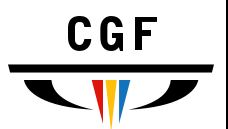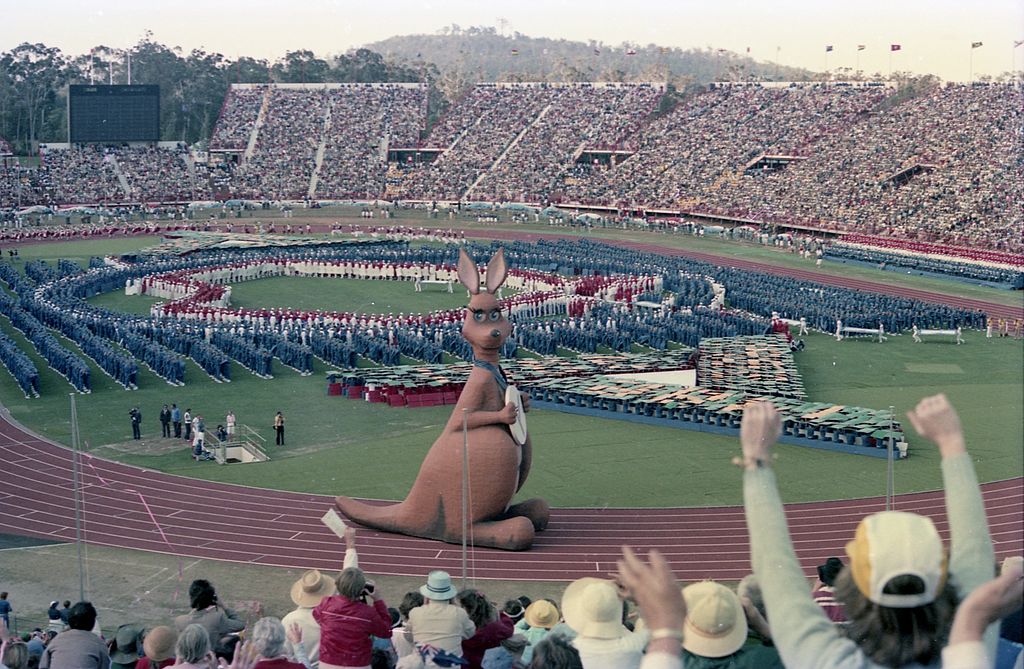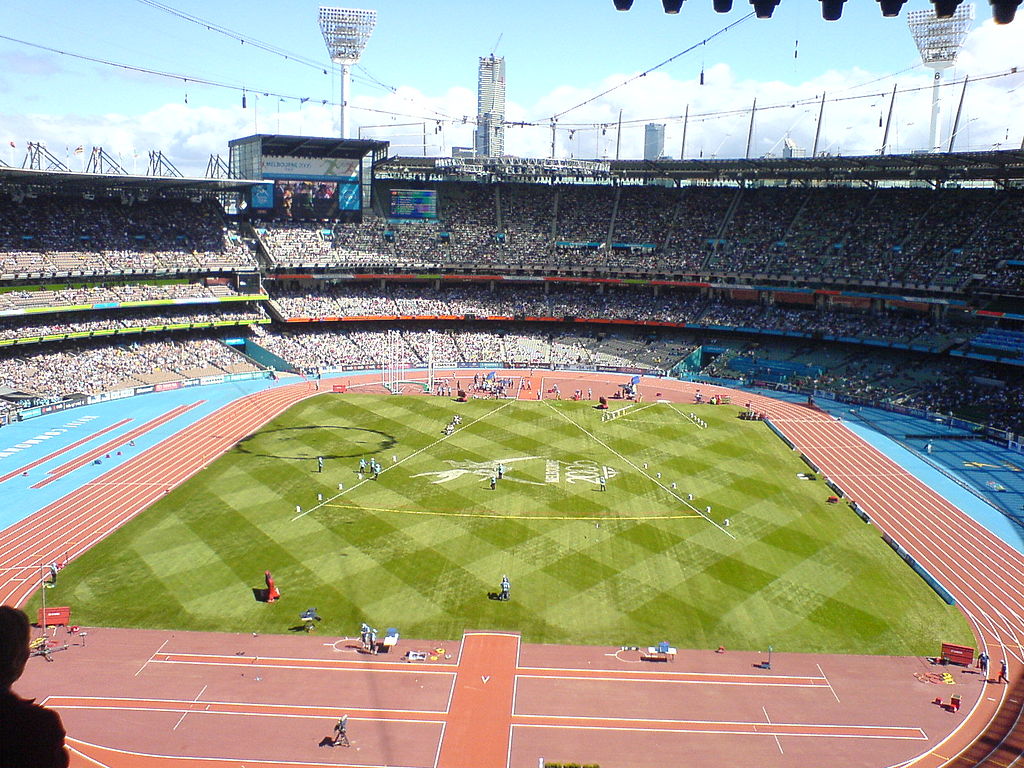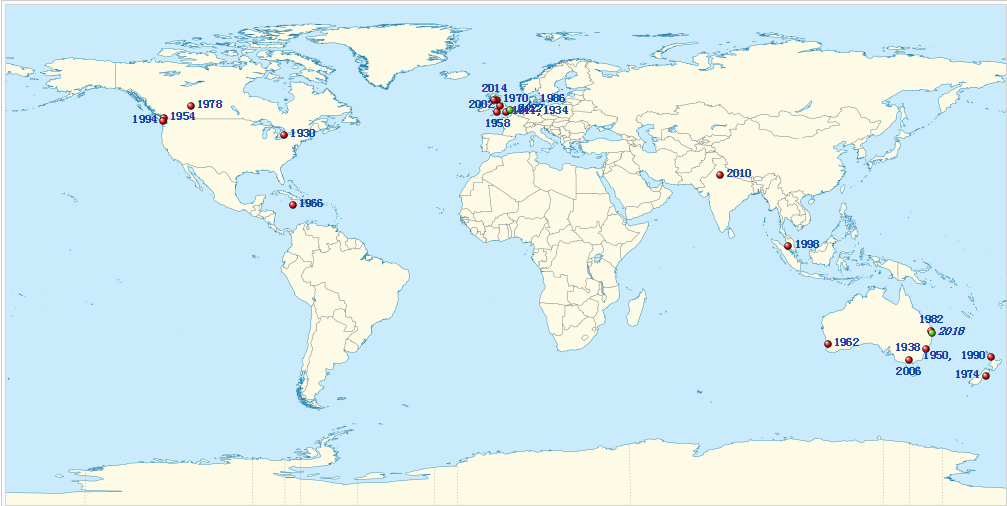Commonwealth Games
Commonwealth Games Federation Logo.svg
Games

1930 1934 1938 1950 1954 1958 1962 1966 1970 1974 1978 1982 1986 1990 1994 1998 2002 2006 2010 2014 2018 2022 2026
Sports (details)
Archery Athletics Badminton Basketball Boxing Cycling Diving Gymnastics Hockey Judo Lawn bowls Netball Rowing Rugby sevens Squash Swimming Shooting Synchronised swimming Table tennis Tennis Triathlon Weightlifting Wrestling
The Commonwealth Games are an international multi-sport event involving athletes from the Commonwealth of Nations. The event was first held in 1930, and has taken place every four years since then. The Commonwealth Games were known as the British Empire Games from 1930 to 1950, the British Empire and Commonwealth Games from 1954 to 1966, and British Commonwealth Games from 1970 to 1974. It is the world's first multi-sport event which inducted equal number of women’s and men’s medal events and was implemented recently in the 2018 Commonwealth Games.
Their creation was inspired by the Inter-Empire Championships, as a part of the Festival of Empire, which were held in London, United Kingdom in 1911. Melville Marks Robinson founded the games as the British Empire Games which were first hosted in Hamilton in 1930.During the 20th and 21st centuries, the evolution of the games movement has resulted in several changes to the Commonwealth Games. Some of these adjustments include the creation of the Commonwealth Winter Games for snow and ice sports for the commonwealth athletes, the Commonwealth Paraplegic Games for commonwealth athletes with a disability and the Commonwealth Youth Games for commonwealth athletes aged 14 to 18. The first edition of the winter games and paraplegic games were held in 1958 and 1962 respectively, with their last edition held in 1966 and 1974 respectively and the first youth games were held in 2000. The 1942 and 1946 Commonwealth Games were cancelled because of the second world war.
The Commonwealth Games are overseen by the Commonwealth Games Federation (CGF), which also controls the sporting programme and selects the host cities. The games movement consists of international sports federations (IFs), Commonwealth Games Associations (CGAs), and organising committees for each specific Commonwealth Games. There are several rituals and symbols, such as the Commonwealth Games flag and Queen's Baton, as well as the opening and closing ceremonies. Over 5,000 athletes compete at the Commonwealth Games in more than 15 different sports and more than 250 events. The first, second, and third-place finishers in each event receive Commonwealth Games medals: gold, silver, and bronze, respectively. Apart from many Olympic sports, the games also include some sports that are played predominantly in Commonwealth countries but which are not part of the Olympic programme, such as lawn bowls, netball and squash.
Although there are currently 53 members of the Commonwealth of Nations, 71 teams currently participate in the Commonwealth Games, as a number of dependent territories compete under their own flags. The four Home Nations of the United Kingdom—England, Scotland, Wales, and Northern Ireland—also send separate teams.
Nineteen cities in nine countries (counting England, Wales, and Scotland separately) have hosted the event. Australia has hosted the Commonwealth Games five times (1938, 1962, 1982, 2006 and 2018); this is more times than any other nation. Two cities have hosted Commonwealth Games more than once: Auckland (1950, 1990) and Edinburgh (1970, 1986).


Only six countries have attended every Commonwealth Games: Australia, Canada, England, New Zealand, Scotland, and Wales. Australia has been the highest achieving team for twelve games, England for seven, and Canada for one.
The most recent Commonwealth Games were held at Gold Coast from 4 to 15 April 2018. The next Commonwealth Games are to be held in Birmingham from 27 July to 7 August 2022.

Host city contract
The 1934 British Empire Games, originally awarded in 1930 to Johannesburg was moved to London after South Africa's pre-apartheid government refused to allow nonwhite participants.
The 2022 Commonwealth Games were originally awarded to Durban on 2 September 2015, at the CGF General Assembly in Auckland. It was reported in February 2017 that Durban may be unable to host the games due to financial constraints. On 13 March 2017, the CGF stripped Durban of their rights to host and reopened the bidding process for the 2022 games. Many cities from Australia, Canada, England and Malaysia expressed interest to host the games. However, the CGF received only one official bid and that was from Birmingham, England. On 21 December 2017, Birmingham was awarded for the 2022 Games as Durban's replacement host.
 News Center
News Center Cotact Us
Cotact Us




